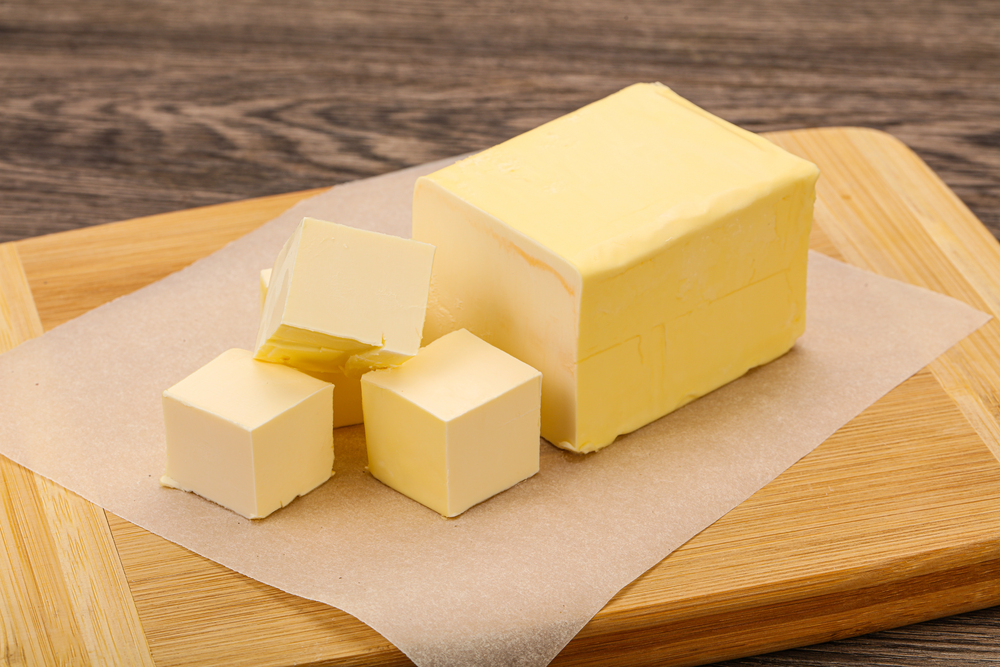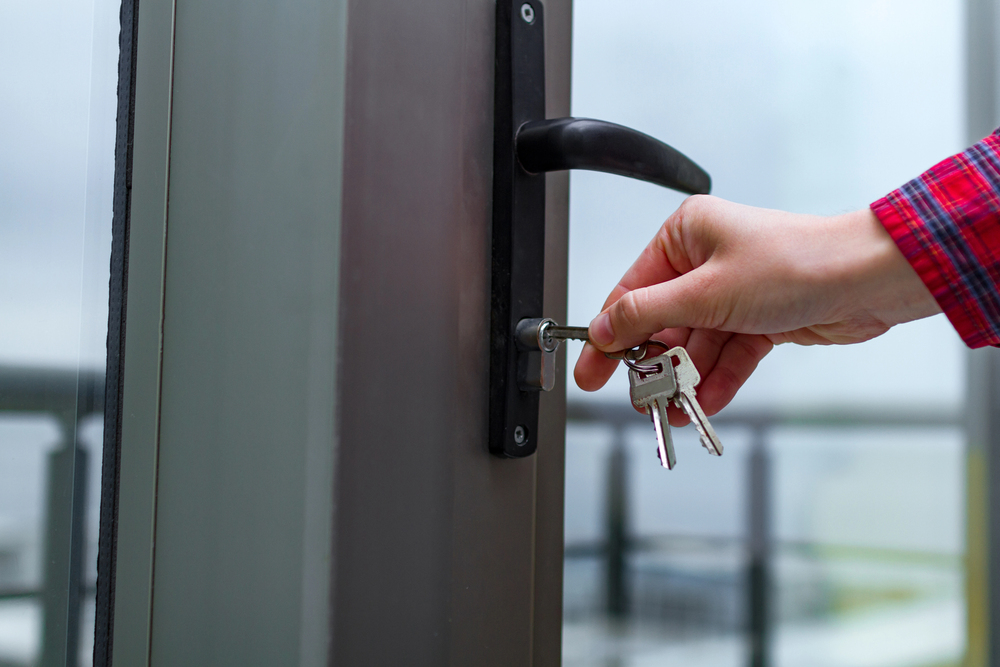The holiday season brings cheer, good food, time with family, and, of course, a lot of travel. In fact, it’s one of the busiest travel times of the year, with over 100 million Americans expected to journey at least 50 miles from home.
Amid the excitement, it’s easy to forget about what’s left behind: your home. An empty house can quickly become a target for theft, vandalism, or even damage from winter weather. Taking a few proactive steps now means you can enjoy your trip without worrying about what’s happening back home. Don’t let preventable problems cut into your festive fun. This guide walks you through simple ways to protect your empty home, plus tips for avoiding winter hazards and ensuring your home insurance has you covered.
Strengthen Your Home’s Physical Security
The first line of defense for an unoccupied home is its physical integrity. Before you leave, thoroughly inspect your property’s entry points. A simple walkthrough can reveal vulnerabilities you might otherwise overlook and protect your empty home.
Check All Doors and Windows
-
Lock It All Down:
It may seem obvious, but double-check that every door and window is securely locked. This includes garage doors, pet doors, and any access points from the basement or second floor.
-
Reinforce Your Locks:
Consider upgrading to high-quality deadbolts on all exterior doors. For sliding glass doors, a security bar placed in the track adds an extra layer of protection, making it much harder for someone to force them open.
-
Don’t Forget The Garage:
Garage doors are often one of the easiest ways to get in. Make sure yours is closed and locked, and for added security, unplug the automatic opener to prevent universal remotes from working. If you have a connecting door between the garage and your home, secure it just as you would your front door.
Manage Your Outdoor Space
-
Maintain Your Yard:
Your home’s exterior can either deter or attract unwanted attention. A well-maintained yard suggests the property is actively cared for, even when you’re not there.
-
Clear The View With Landscaping:
Overgrown bushes and trees can provide cover for potential intruders. Before you travel, trim any shrubs or branches that might obstruct the view of your doors and windows from the street or a neighbor’s house.
-
Store Outdoor Valuables:
Hide the temptations. Do not leave valuable items like grills, bicycles, or expensive tools visible in your yard. Store them in a locked shed or your garage. If you are expecting package deliveries, arrange for a neighbor to collect them or use a delivery hold service. Piles of packages on a porch clearly indicate that no one is home.
Leverage Smart Home Technology for Peace of Mind
Smart home technology offers powerful, convenient ways to monitor and protect your property from anywhere in the world. These devices can create the illusion that someone is home and alert you to any unusual activity, and protect your empty home.
Use Smart Lighting and Timers
-
Create a Realistic Schedule:
A dark house is a telltale sign of an empty home. Use smart bulbs or outlet timers to schedule lights to turn on and off at various times throughout the evening. Program lights in different rooms, such as the living room and a bedroom, to mimic your normal routine. Avoid leaving a single light on continuously, as this can look unnatural.
-
Include Outdoor Lighting:
Motion-activated floodlights are an excellent deterrent. They can startle an intruder and draw attention to your property. Ensure they’re positioned to illuminate key areas like your driveway, front door, and backyard.
Install Smart Security Devices
-
Security Cameras:
Security cameras can stream live video directly to your smartphone, allowing you to check on your home anytime. Many systems offer motion detection alerts, so you are notified immediately if there is movement on your property.
-
Video Doorbells:
A video doorbell lets you see and speak to anyone who approaches your front door. This can be particularly useful for deterring package thieves or anyone checking to see if a home is vacant.
-
Smart Sensors:
Consider placing sensors on doors and windows. These devices can send an alert to your phone if a door or window is opened, providing an early warning of a potential break-in.
Prevent Internal Damage and System Failures
Protecting your empty home goes beyond security against intruders. Environmental factors, especially during winter, can cause significant damage if your home’s systems are not properly prepared.
Prevent Frozen Pipes
A burst pipe is a costly and disruptive homeowner issue. When temperatures drop below freezing, water in your pipes can freeze, expand, and cause them to rupture.
-
Set Your Thermostat:
Never turn your heat completely off when you leave. The American Red Cross suggests setting your thermostat to no lower than 55°F (13°C). This is warm enough to keep the air in your walls and crawlspaces above freezing, protecting your pipes.
-
Allow Faucets to Drip:
For pipes in areas that are susceptible to freezing, such as those on exterior walls, allowing a slow drip of cold water can help prevent a freeze. The moving water makes it harder for ice to form.
-
Shut Off The Main Water Supply:
For longer trips, you may want to shut off the main water valve to your house. This completely eliminates the risk of water damage from a burst pipe. After turning off the main valve, open all faucets to drain the remaining water from your system.
Unplug Electronics
Unplugging non-essential electronics like televisions, computers, and small kitchen appliances serves two purposes. It protects them from potential power surges and reduces your energy consumption while you are away, saving you money.
The Importance of Homeowners Insurance
Even with the best preparation, unforeseen events can happen. This is where your homeowners’ insurance policy becomes your most important safeguard.
Understand Your Coverage
Before you travel, review your homeowners’ insurance policy to understand what is covered. Most standard policies provide protection against:
-
Theft and Vandalism:
If your home is broken into, your policy can help cover the cost of stolen items and any damage done to your property during the incident.
-
Water Damage:
If a pipe bursts despite your precautions, your insurance will typically cover repair and replacement costs. However, damage from gradual leaks, flooding, or poor maintenance is usually excluded.
-
Fire:
Your policy may provide coverage for damage caused by fires, whether they’re accidental or a result of an external event like a wildfire.
Check for Vacancy Clauses
It is important to be aware of any vacancy clauses in your policy. Some insurance providers have specific rules regarding how long a home can be empty before coverage is limited. Typically, a home is considered unoccupied during a short vacation, but if you plan to be away for more than 30 days, you should notify your insurance agent to ensure your coverage remains fully active.
If you’re exploring homeowners insurance or just want to be sure your policy is up to date, it’s worth requesting a homeowners insurance quote or checking in with your provider. A quick review now can prevent major headaches later.
By taking these steps, you can help reduce risks to your property while you’re away. After all, knowing your home is safe makes it easier to relax, celebrate, and enjoy every bit of the holiday season.
Find a Home-Based Business to Start-Up >>> Hundreds of Business Listings.














































